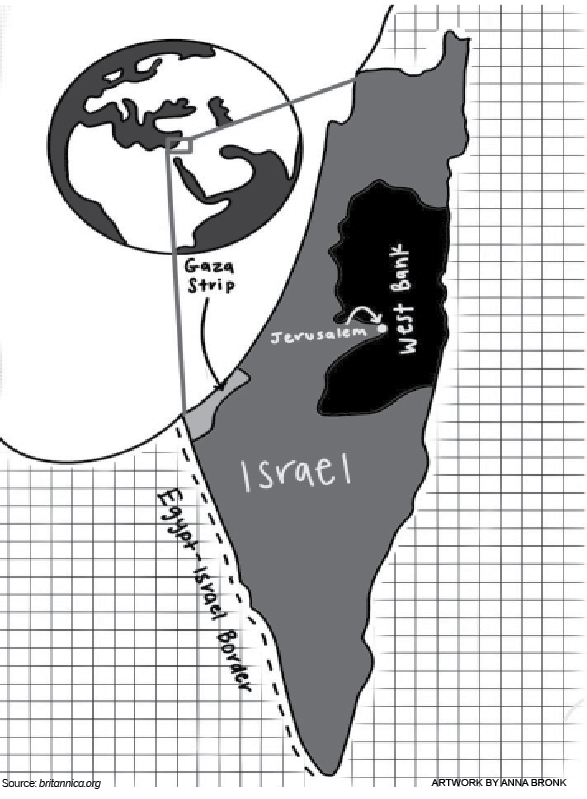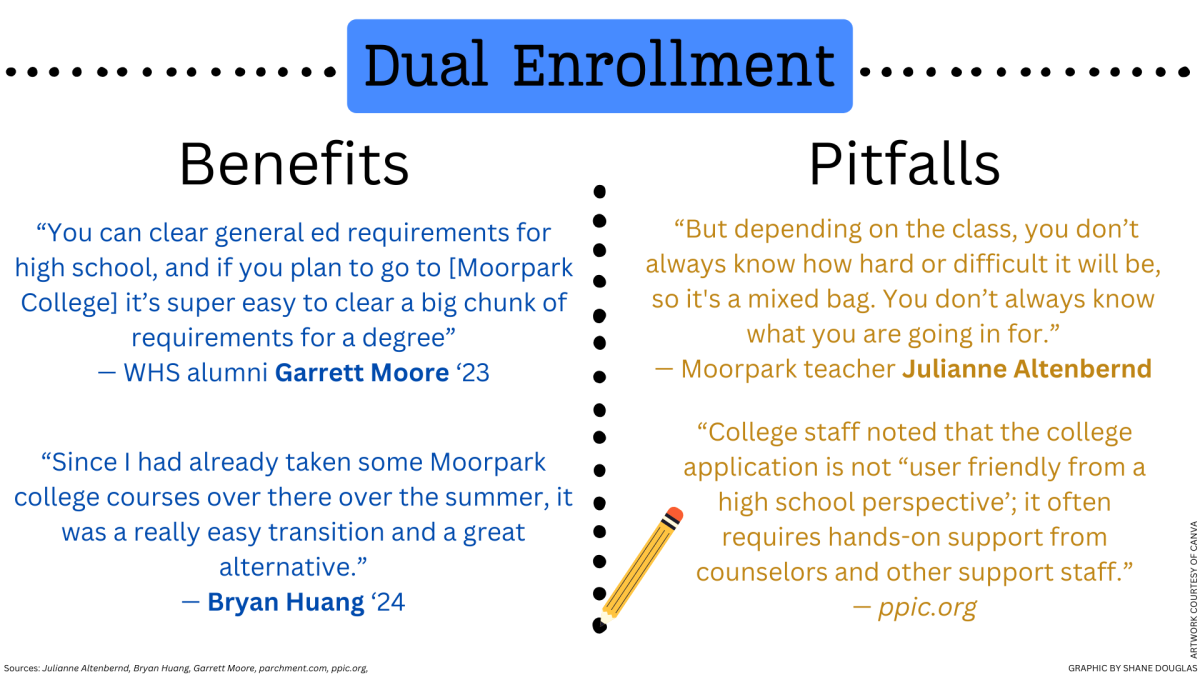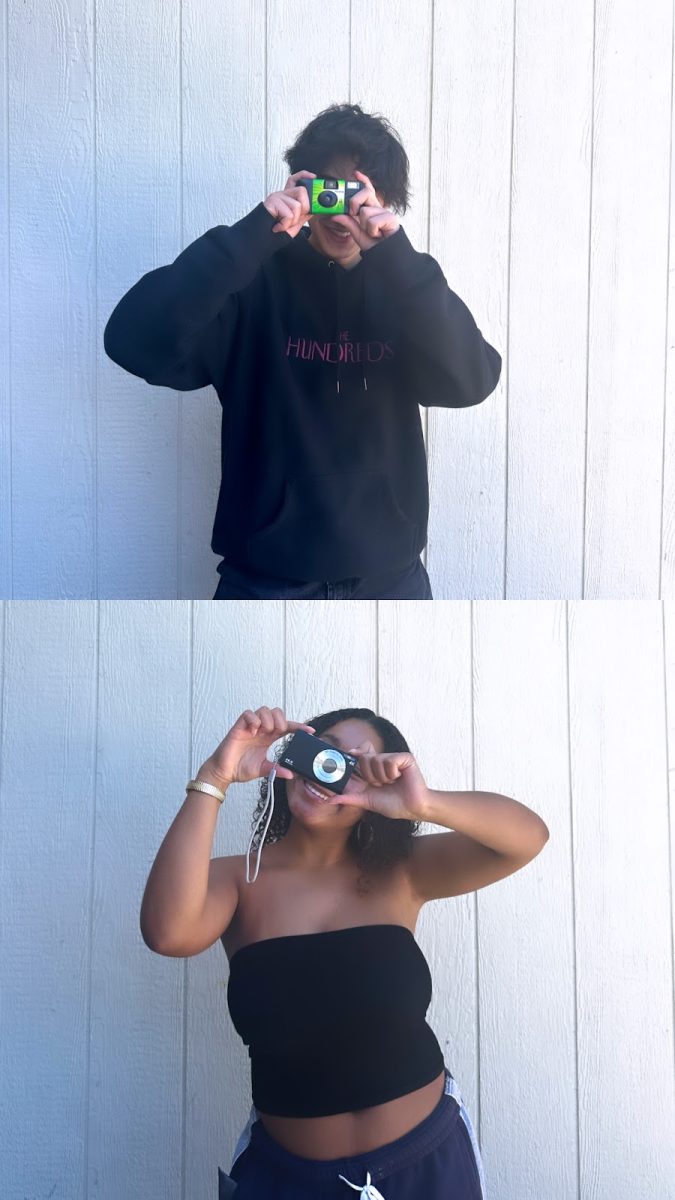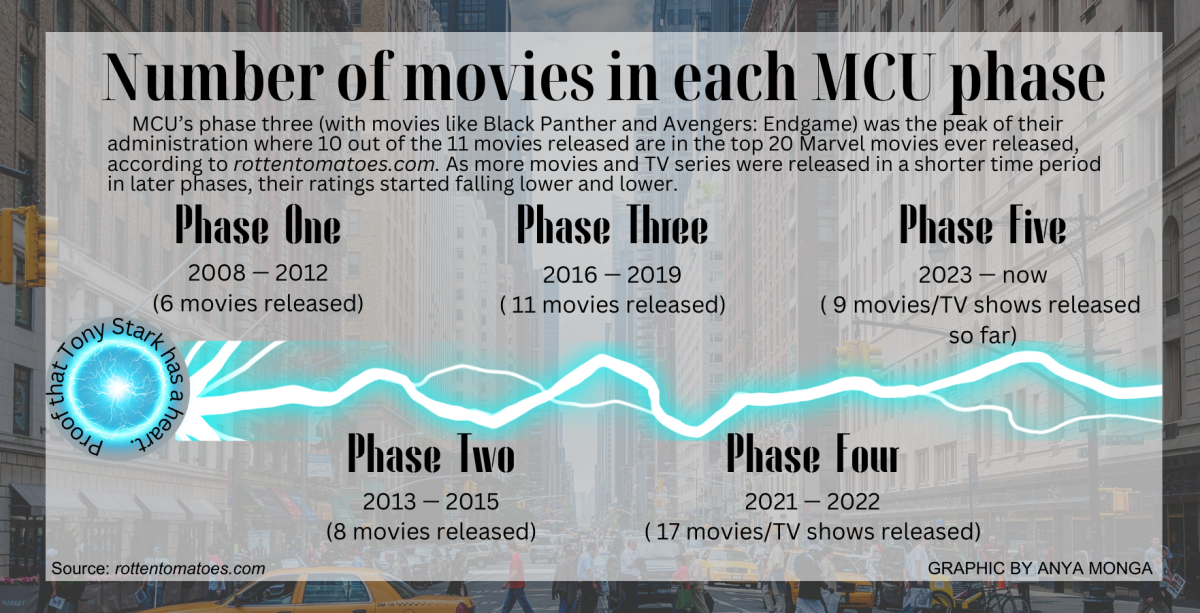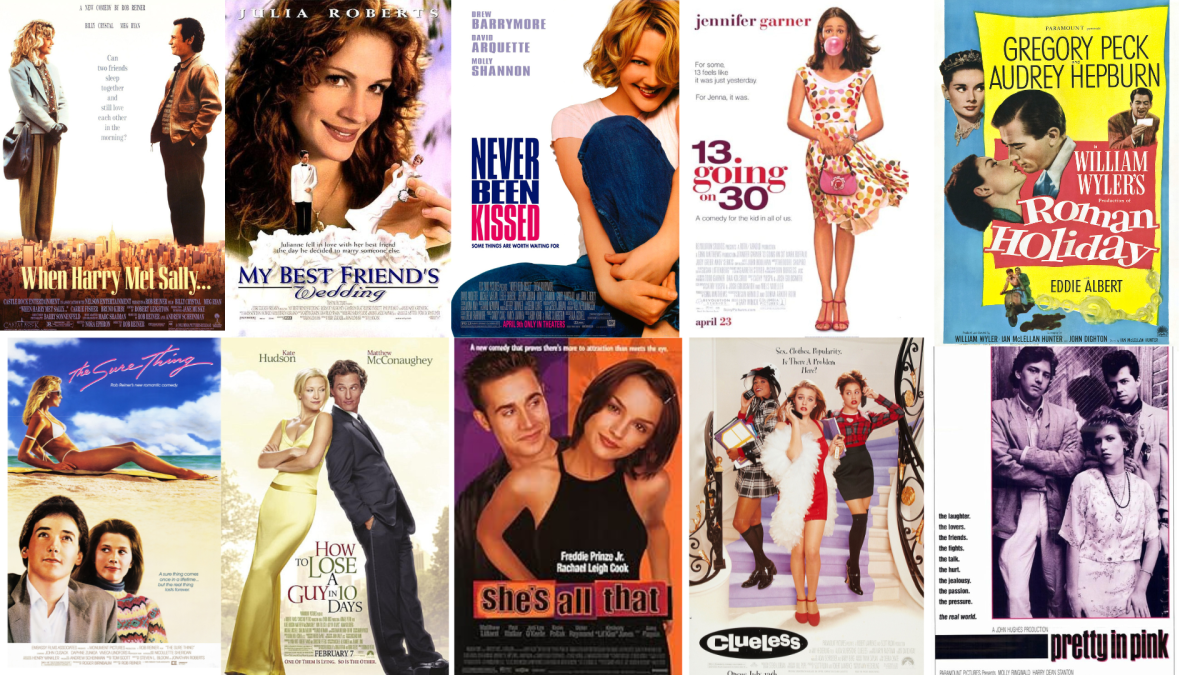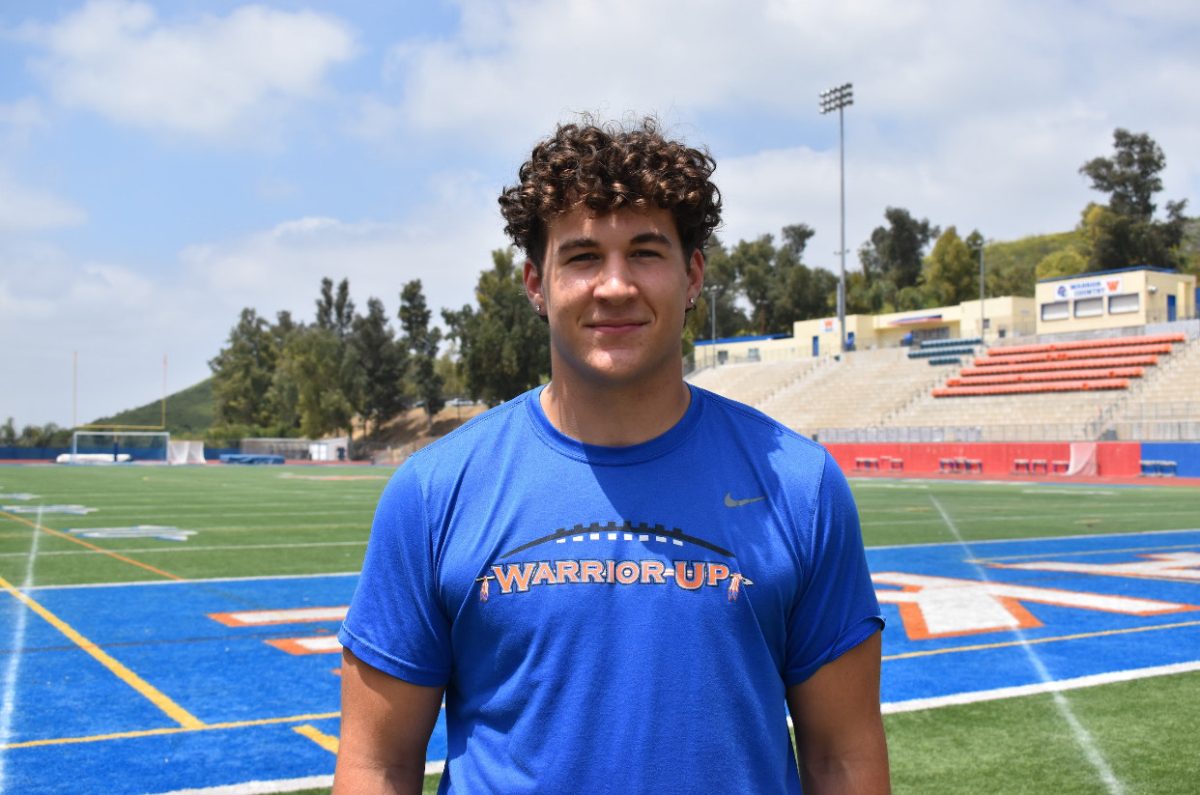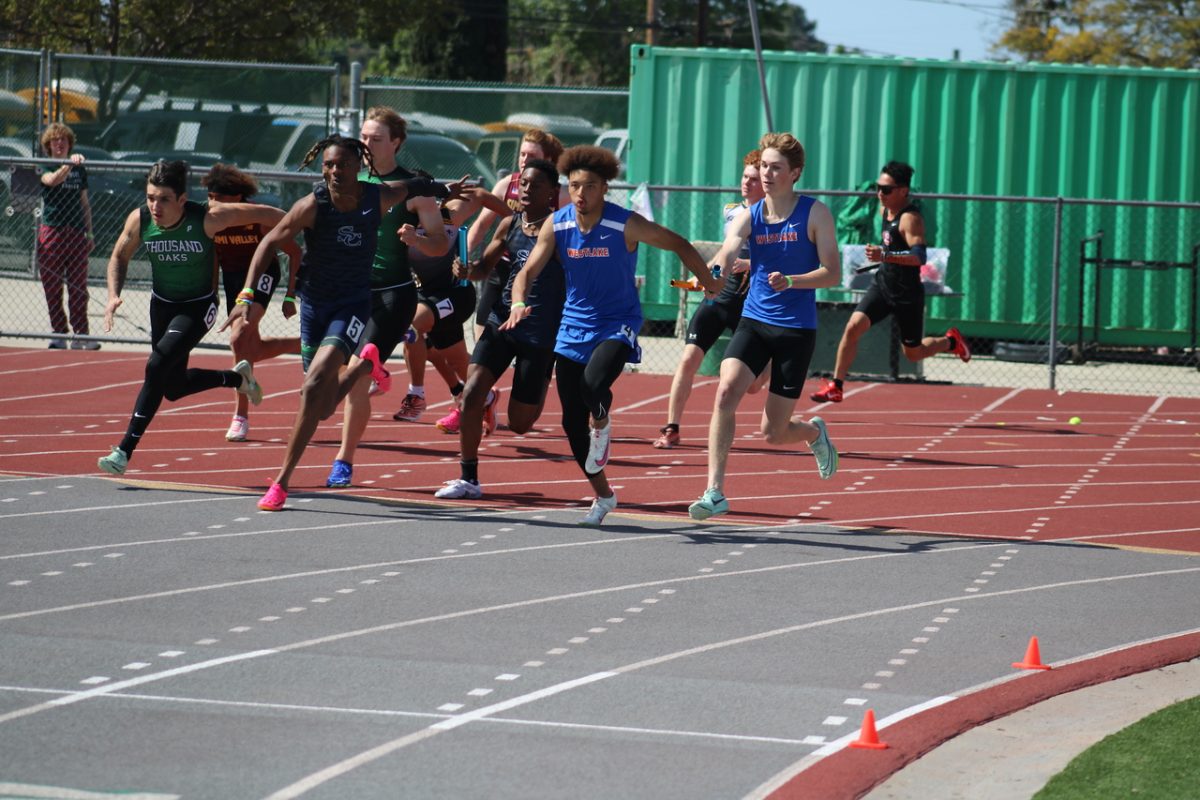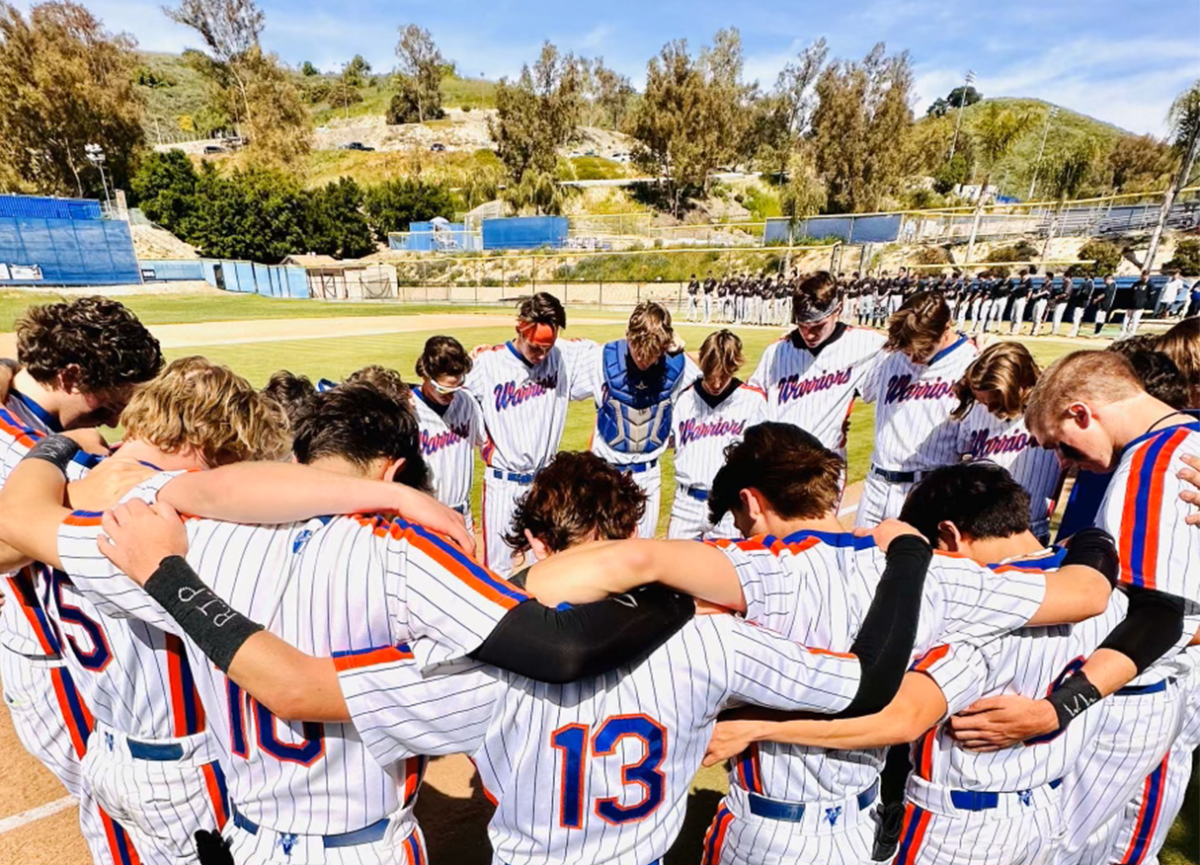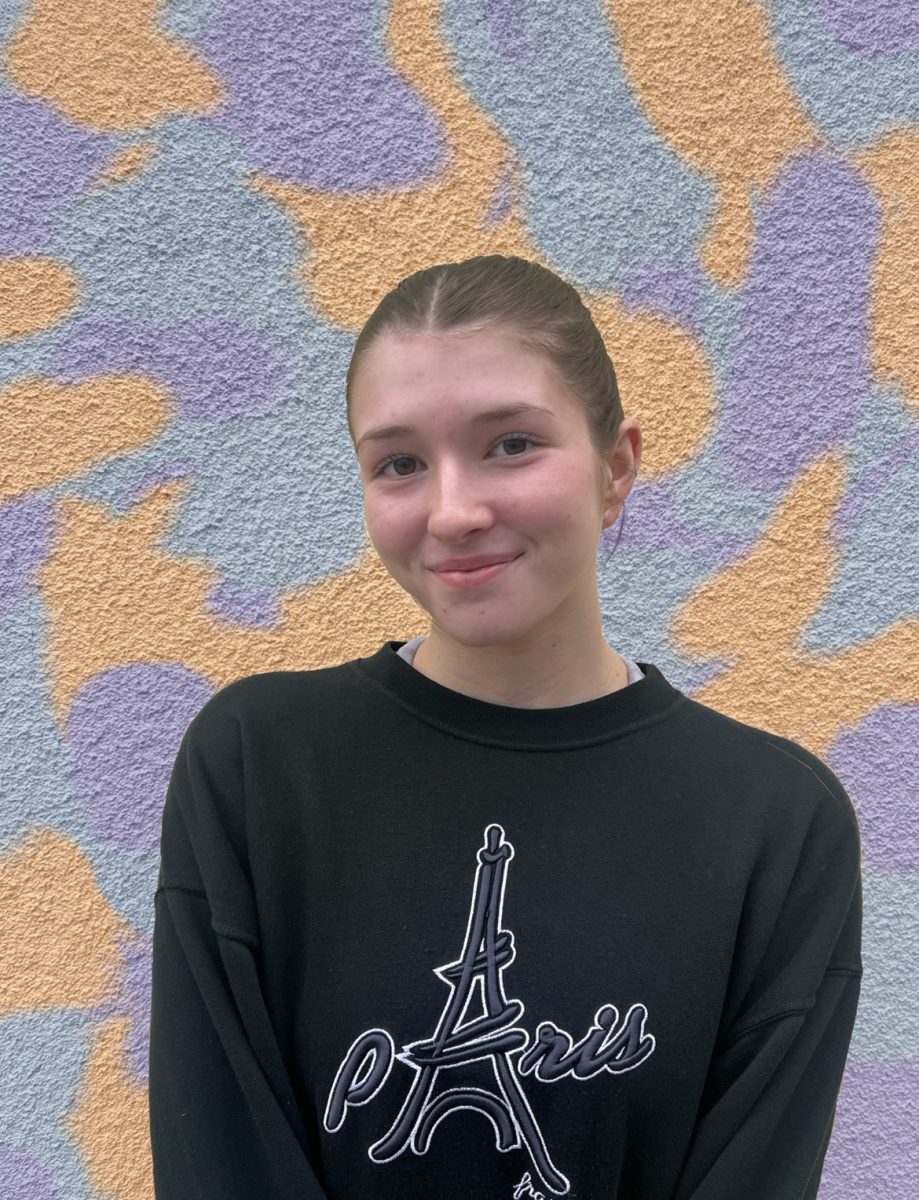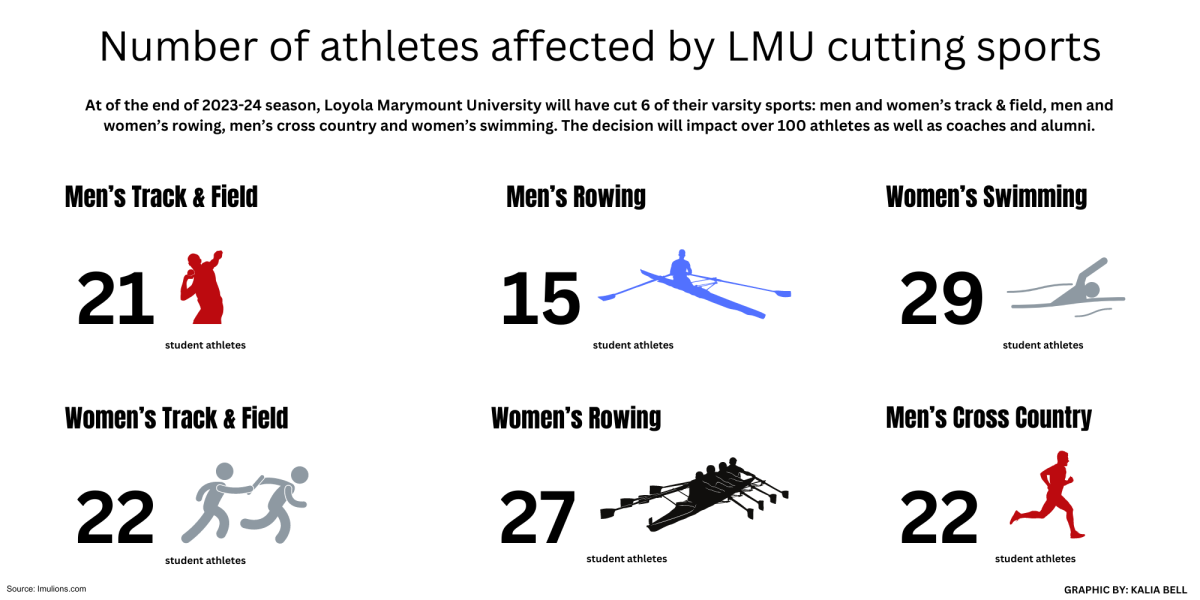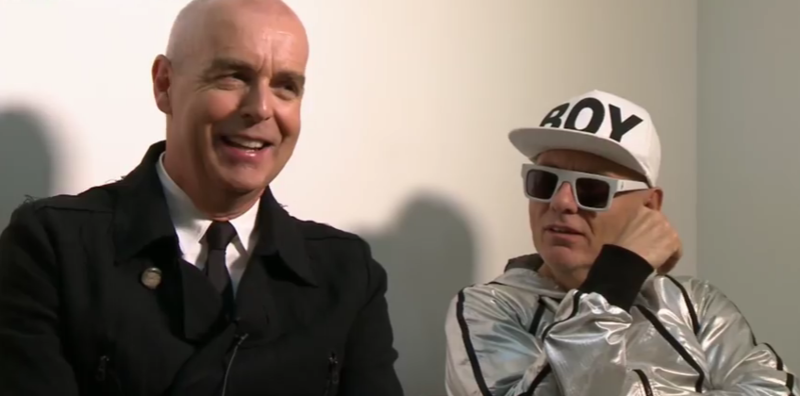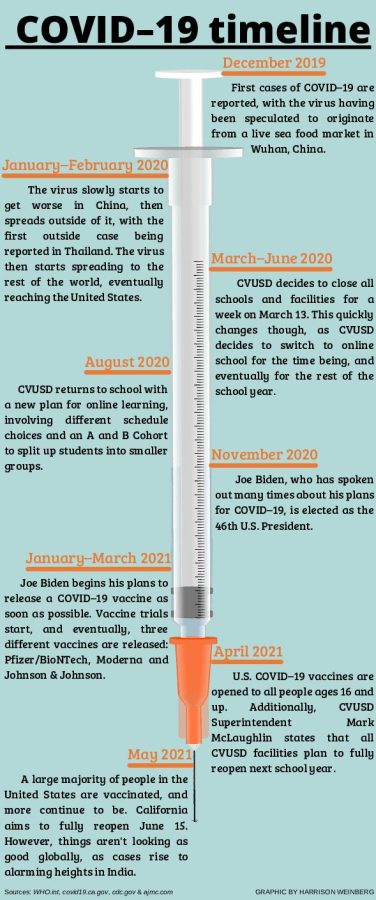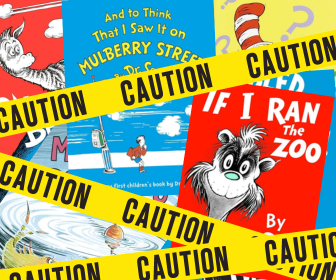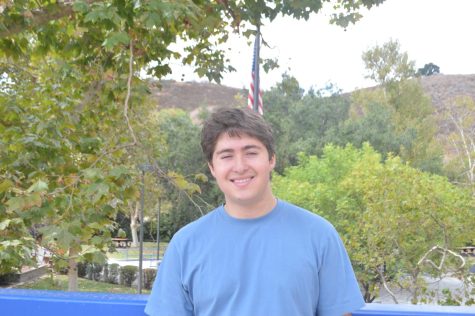Back in January of 2020, the thought of a pandemic happening was barely even feasible. In February, the idea wasn’t as far–fetched as it originally seemed. In March, many places in the world were closing due to COVID–19, including WHS, and by April, the pandemic was a full–on reality.
There have been many challenges presented throughout this pandemic, and while people may think that no good came out of COVID–19 and that we were better off without it, the pandemic did bring more benefits than it may seem: a bigger focus on science and technology, giving people the chance to step back and put things into perspective and the fact that the pandemic has given everyone more experience in stressful situations like it. These are all major benefits that made the pandemic extremely important, even with all of its challenges.
The pandemic has not only shown how far humanity has come in the field of medicine but has also helped people see its importance, with an increase in funding and support for medical jobs. For example, the United States was able to produce a vaccine only a year after the start of the pandemic, which was much faster than other cases of widespread sickness, and COVID–19 has had a much lower death toll than most others as well.
The Ebola pandemic, which lasted from 2014 to 2016, took 2 years to create a vaccine and claimed three times as many deaths. In fact, SARS and MERS are also the only viruses that have lower death tolls than COVID–19, being about 770 and 870 deaths respectively compared to COVID’s 4,700, whereas the rest are much higher.
There has been a growing focus on the field of medicine and science, and how valuable and important it is to people’s lives. The concept of an “essential worker” was barely talked about before the pandemic, and people didn’t give personal health, both physical and mental, as much consideration and thought as they did until now either. Students are also showing an increased support for the medical field, with the Association of Schools and Programs of Public Health reporting an overall 20% increase in applications for public health programs across over 100 schools after the start of the pandemic.
The pandemic also gave people a chance to stop and think, allowing them to learn and better themselves. Before, there was always stuff that had to be done, like work and school, and people rarely had time to focus on the other important things in life, like catching up with friends and family, enjoying time to themselves or working to better themselves. But, with all the free time that came with COVID–19, people have been able to learn to appreciate those things more and put their attention on what they weren’t able to before.
People have learned to value privileges like being able to go to places and see people, and how to deal with and adapt to sudden change. They have been given the opportunity to try new things or pick up new hobbies they might not have had the time to explore before, and have learned to work through adversity and come on top.
The struggles of COVID–19 have also encouraged togetherness. The value of family and friendships has become more important than ever, and people have been encouraged by the pandemic to grow those relationships even more. Though everyone has to be so distant physically, the wide use of applications like Zoom has broken down those barriers and encouraged people to talk to old friends or colleagues, or family members they haven’t had a chance to keep in touch with.
Even now, with things starting to open up, people have also been able to see the value of luxuries that they had before the pandemic. Being able to go back to your favorite restaurant or store again after waiting so long has made those places feel so much better than they did before the pandemic, as the amount of time that has passed has made those experiences not only fresh but more appreciable as well.
Out of all points of time in which a pandemic like this one could have happened, now was probably one of the better times, as the world was already preparing for the event of widespread disease. According to the Wall Street Journal, a global pandemic was bound to happen at some point, and it was only a matter of time before it did.
“A succession of outbreaks and near misses since the late 1990s, along with increasingly sophisticated scientific research, made clear a major pandemic was inevitable,” wrote Wall Street Journal writer Betsy McKay and Wall Street Journal reporter Phred Dvorak. “Researchers pinpointed hot spots, including southern China, where such a virus might originate. They had ideas about how it might begin infecting people and how easily transmissible it could be. They even had plans for how to detect and stop it.”
Scientists have been watching out for a pandemic for a while, so they weren’t totally unprepared when COVID–19 hit. Additionally, the pandemic has only lasted a little over a year with an end in sight, when it could have been much longer. The United States, with the help of international assistance, was able to swiftly create three different vaccines and vaccinate almost all of its population, showing at least some readiness to tackle this virus.
Since it’s almost over and out of the way, people won’t have to worry about this pandemic anymore, and, because they’ve now had experience with it, they should be more prepared if something like this were to happen again. People have now seen the impact of a widespread virus and how it can affect anyone, no matter who they are, and that perseverance is key to getting through it.
The COVID–19 pandemic was far from a good thing. Many people suffered from it, and many still are. But, while not necessarily positive, it was important, and people have come out overall better than they were before.



